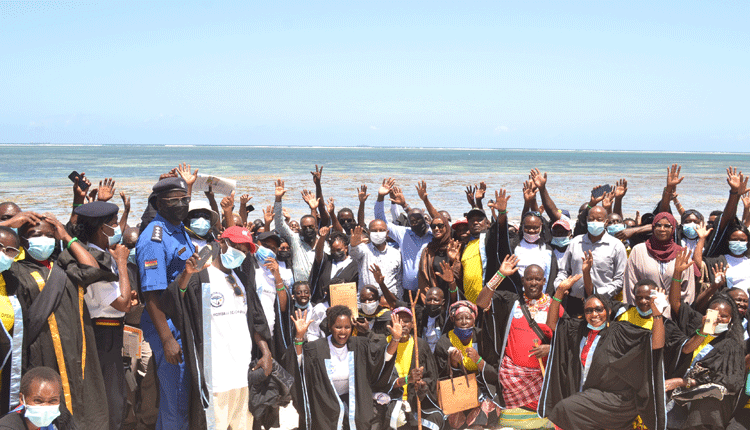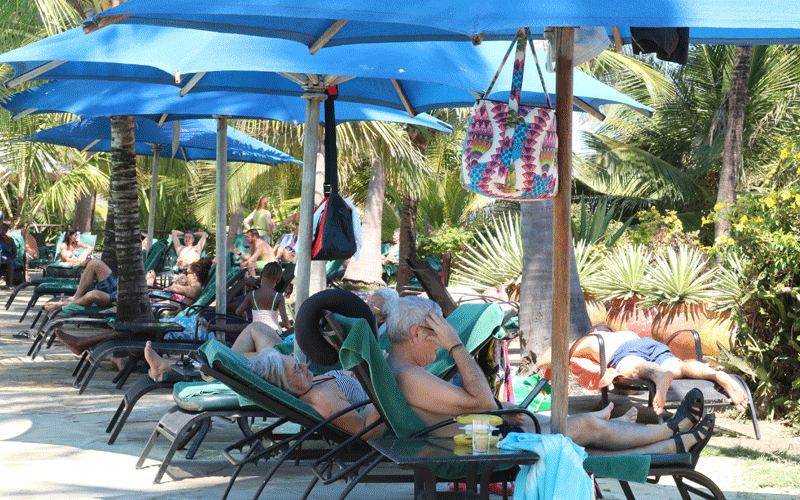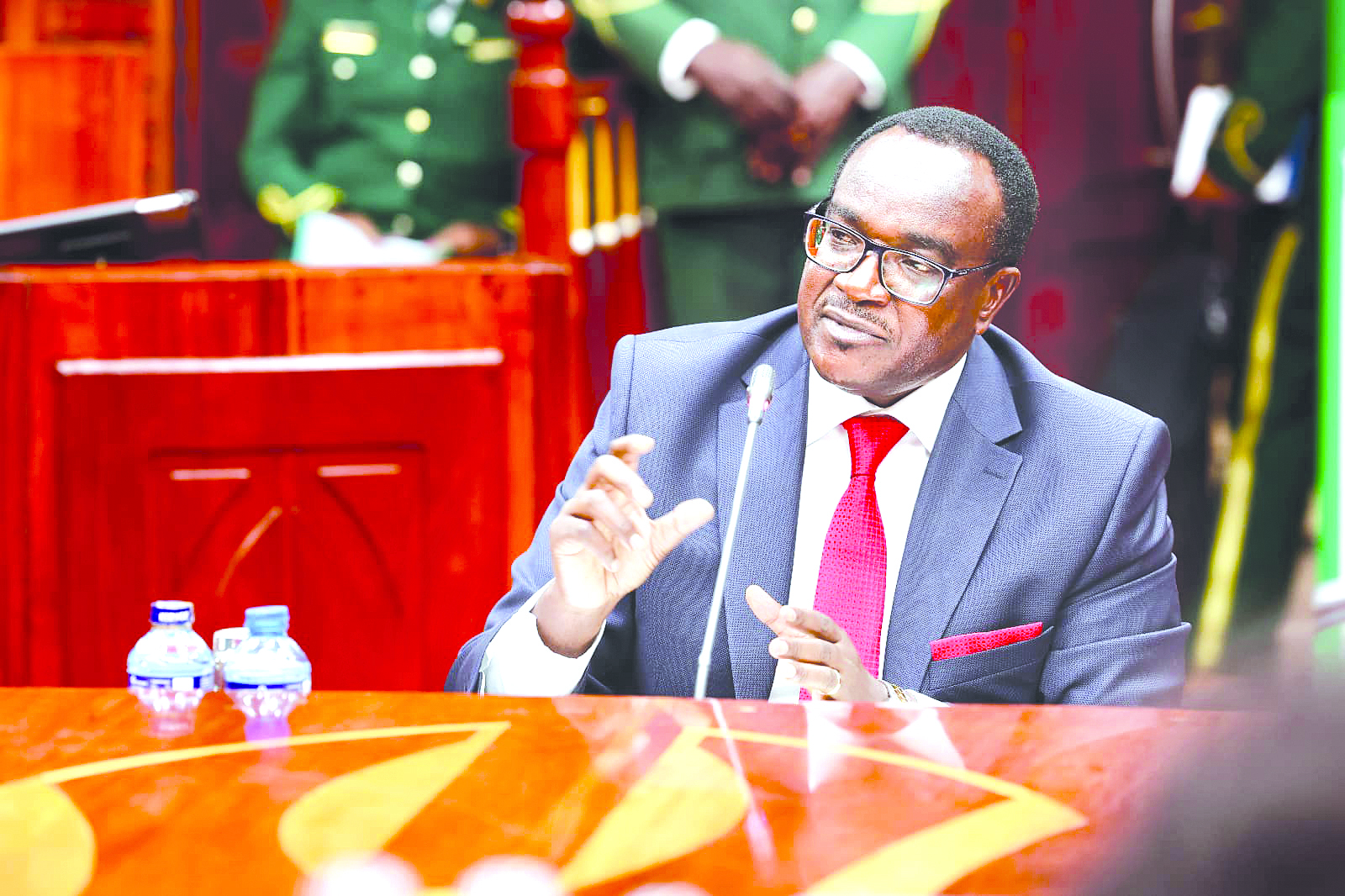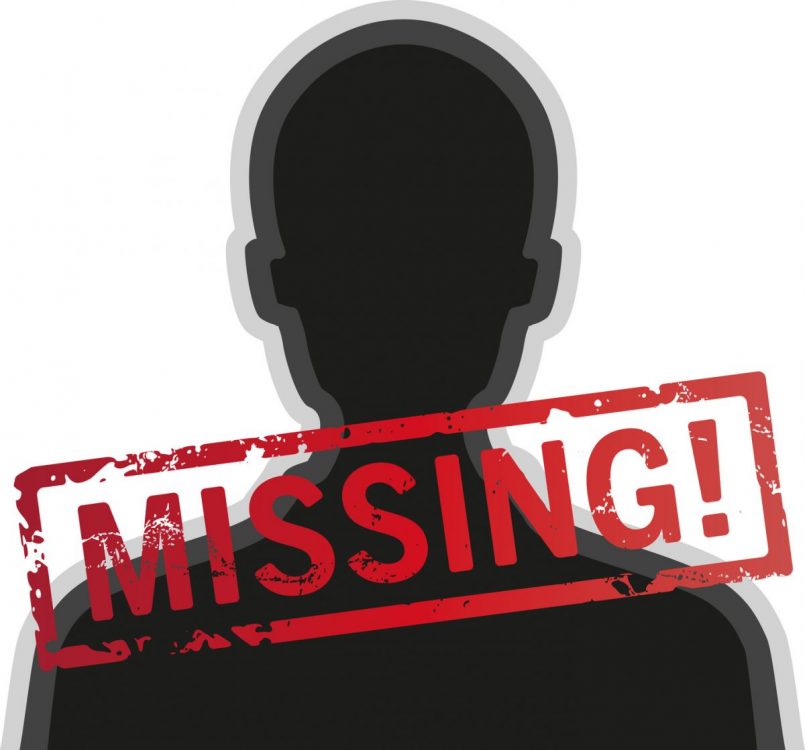High taxes hurting our business, hoteliers say
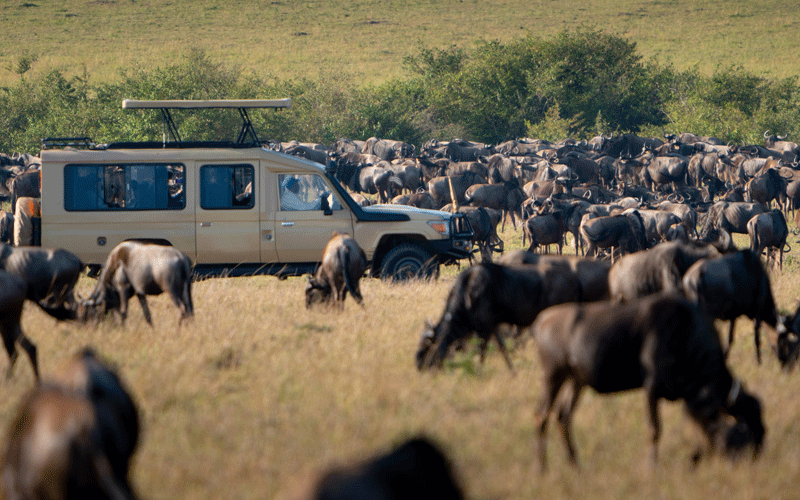
Harrison Kivisu, Noven Owiti and Harriet James
Tourism industry players are up in arms over increased business levies imposed on tourism facilities that they want reviewed by County and National governments.
The stakeholders want the government to scale down taxes in the tourism industry so as to attract more visitors and create jobs for the youth.
Although the players remain upbeat on 2020 prospects, they say the punitive levies on hotel licences, single business permits and liquor licences are hurting the sector despite promises by the State to sustain gains made in 2019 season.
“For instance, we are being frustrated by new levies introduced in the Finance Bill 2019-2020 in Mombasa.
We want them reviewed or the State to subsidise the sector through tax incentives,” says Kenya Coast Tourism Association (KCTA) executive director Julius Owino.
John Musau, General Manager at Tamarind Tree Hotel, Nairobi says taxation affects tourism in various forms.
These include heavy visa fees for tourists, Value Added Tax (VAT)charged at 16 per cent, service charge 10 per cent and catering levy at two per cent of sales.
“All these taxes are charged on every client who is staying in any hotel…from one star to five star establishments. The higher taxes make Kenya as a destination too expensive,” he says.
Music copyright levy
“We are losing out to Rwanda, Tanzania and South Africa who have much lower taxes for tourism establishments.
While VAT in South Africa is 15 per cent, both countries do not charge catering levies,” adds Musau.
According to Omar Ikram, the General Manager at Maiyan Resort in Nanyuki town, lower taxation rates results in lower hotel rates, boosting revenues in the hospitality sector.
“Look at the tax figures. Vat is 16 per cent, plus a two per cent catering levy. There is also a service charge at 10 per cent; that adds up to 28 per cent.
Worse, there is a music copyright levy and single business permits, which is different in county governments,” Ikram says.
Given the economic slowdown and the coronavirus outbreak in China — if the virus is not contained —this year the tourism sector stands to lose. “Right now, our biggest market is domestic tourism.
Affordability should be at the highest priority, but with the high taxes and licenses, this becomes a challenge,“ he says.
Mombasa county has increased hotel licences from Sh85,000 to Sh150,000 annually, a 70 per cent increment, depending on the size and classification of the facilities.
Operational charges for casinos have risen from Sh100,000 to Sh500,000 annually while large bars, which can sit over 60 customers will now be paying Sh60,000, up from Sh22,500.
Nightclubs must pay Sh200,000 up from Sh100,000 in liquor licences.“We want these fees reviewed since it is now too expensive to do business, the players are feeling the pinch and may be forced to close shop,” says Owino.
During public hearings for the Finance Bill by the Mombasa county assembly, the industry’s views were collected, but were ignored and instead the county went ahead and imposed the levies.
“All our opinions were ignored. We are not opposed to paying levies, but they are outrageous and considering that this county has lost a lot of business, the high taxes are frustrating us,” added Owino.
Western Kenya Hospitality leaders’ Association chairman Robinson Anyal says hotel owners are bitter with high taxes, which are eating into the profit margins of the sector.
“Reports of some hotels closing down can be attributed to over-taxation,” he says.
He says the industry experiences the burden of paying taxes during the first three months of the every year when business proprietors are required to remit their dues and renew licences. He urges the Tourism ministry to consider removal of some of the levies.
New establishments
“With new hotels coming up, some hoteliers may find it hard to stay afloat. They are struggling to pay the levies and still sustain workforce and pay suppliers,” says Anyal.
Emma Gladys, East View Hotel manager in Kisumu says in a year, her facility parts with averagely Sh100,000 in levies.
The facility pays Sh50,000 for single business permit in a year, Sh15,000 for the two per cent levy to Tourism Fund, among other expenses on levies.
“We also pay Sh20,000 for the music copyright levy, up from Sh6,400. The music levies were increased without proper consultation with the industry players,” she says.
“Generally, you cannot do good business if much of the money that comes in goes to the government,” adds Gladys, appealing to Treasury to consider reviewing some of the levies in bid to improve the hospitality business.
Stakeholders say the introduction of VAT on tour services led to hotel bookings last year.
Kenyan tour operators wrote to Parliament seeking to reverse the VAT provisions for the sector that took effect in October 2019, warning that the new taxes could send the country’s main foreign currency earner into a downward spiral.
In a letter to the House last year, the Kenya Tourism Federation warned the new law would lead to at least 80,000 cancellations from prospective tourists by December 2019.
